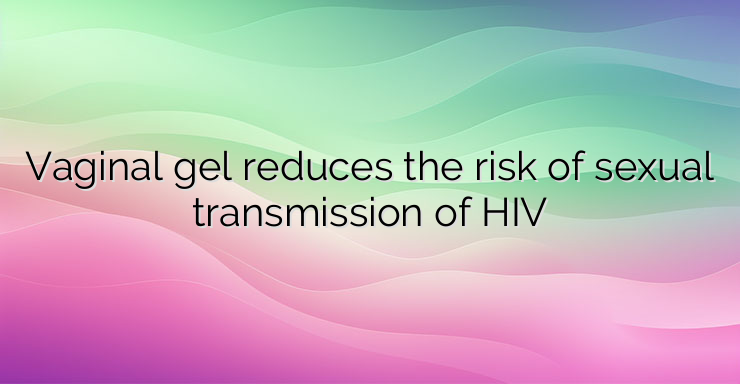For the first time, scientists were able to prove that a vaginal gel developed on the basis of tenofovir can significantly reduce the risk of sexual transmission of HIV infection. The results give scientists hope that the epidemic of immunodeficiency disease can be controlled. South African scientist Salim Abdool Karim and his international team of specialists conducted clinical tests of the new vaginal gel among 900 women from South Africa. All of the study participants were patients at hospitals in KwaZulu-Natal, the province of South Africa with the highest incidence of HIV/AIDS among young women. The women studied were provided with various methods of contraception and underwent regular medical examinations and tests for the presence of the HIV virus in the blood. For three years, half of the study participants used a gel containing the drug tenofovir, and the rest – a placebo. The obtained results showed that the risk of HIV infection among women in the first group was lower by 39%. According to the conditions of the experiment, the women had to use the gel for 12 hours before supposed sexual contact, and 12 hours after. According to the observations of the doctors, the female volunteers were able to fulfill the recommendation in 75% of the cases. Of a total of 444 women who used the placebo gel, 60 were infected with HIV at the end of the study. In comparison, of the 445 who used the gel with tenofovir, only 38 were infected. Despite the results, the author of the study noted that the effectiveness of the preparation in the form of a vaginal gel is not enough to start its widespread use as the only method of protection against HIV. The scientists plan to conduct new studies to determine why in some cases the preparation does not effectively protect against sexual transmission of the virus. Its efficiency is expected to be improved in the future. The results of the study are published in the online edition of the journal Science.


Leave a Reply